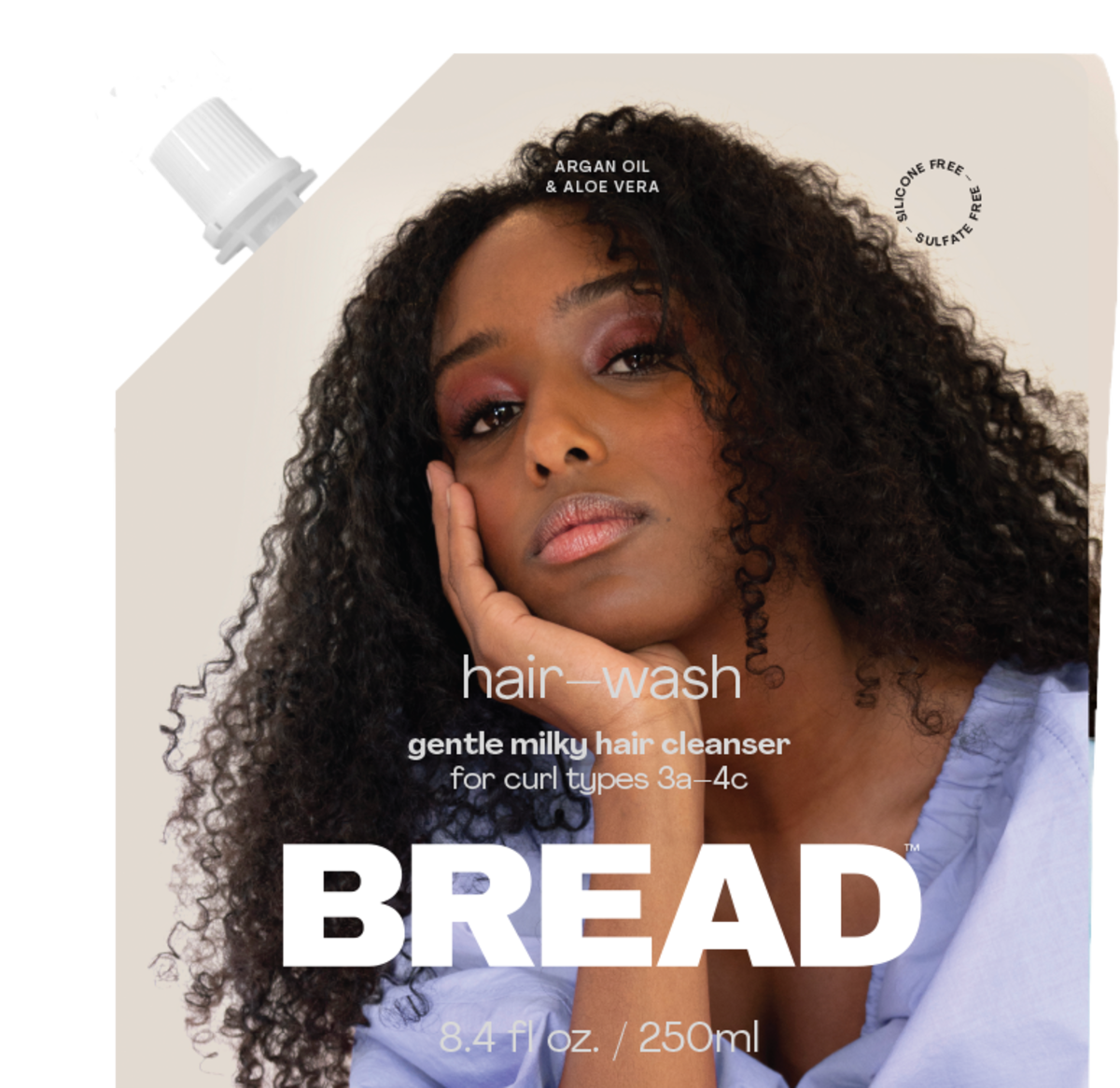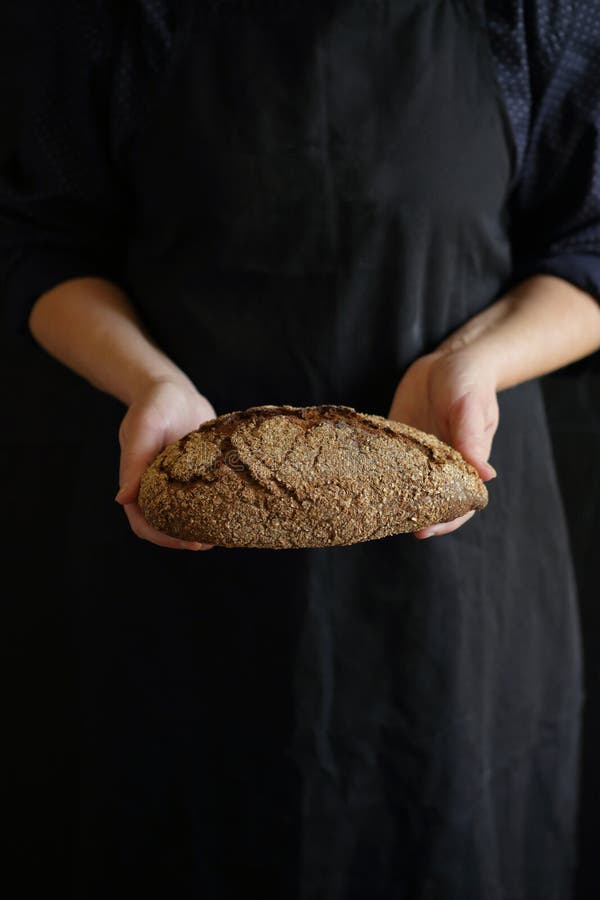I Found a Hair in My Food Now What?
Table Of Content
- How can consumers ensure the bread they buy is made with quality ingredients?
- What should consumers do if they have concerns about the ingredients used in the bread they purchase?
- You must log in to answer this question.
- The Benefits of L-Cysteine in Bread Production
- Can bread be considered a healthy food choice?
- Why do food handlers wear hairnets?

(7) There's nothing unethical about eating human hair, milk, or fingernails, if they are willingly given. As a vegan Christian I find Reverend Michael Whitfield's suggestion that animals are only useful if humans eat them to be appallingly human centred. Does he not think that God might have made them for His own purpose, not for us to manipulate their generations until the resulting inbreds are incapable of fending for themselves. Not for us to slaughter daily in their millions, just so people can gorge themselves on flesh. Certain foods produce heat (meats & even some vegetables) which is required in colder regions and certain foods are cooler in hot environments.
How can consumers ensure the bread they buy is made with quality ingredients?
I read a comment about "kissing" Well, you should be aware of the fact that a vast amount of make-up, cremes, lipstick etc, is produced from beef/pork fat ! I just want to remind vegetarians that to be a "pure" vegetarian, you also have to abstain from the use of leather and silk materials for obvious reasons! Yeah, shoes, belts and those and upholstery in cars and homes!!! It is remarkable how many times I get vegetarians tout their beliefs and are sporting marine collagen face creams and makeup tested on animals,etc etc....
What should consumers do if they have concerns about the ingredients used in the bread they purchase?

Moreover, after failing miserably several times as a vegetarian , with subsequent health consequences, I underwent metabolic typing that revealed I NEED meat. Yes, additives used in bread production are subject to strict regulatory oversight and must be listed on the product’s ingredient label. Consumers can easily determine which additives are used in their bread. It's worth noting that regulations regarding the use of L-Cysteine vary from country to country.
You must log in to answer this question.
If these additives are from living people why worry about it. We are not going to "eliminate them" to make their carbon footprint any smaller so it doesn't matter. So if anyone can put this hairy issue to bed once and for all I’d be very grateful. And while I am on the subject, if anyone knows of any other animal-based (or human-based) food ingredients an embryonic vegan like myself needs to steer clear of please do tell me.
The Benefits of L-Cysteine in Bread Production
In order to address this question directly, let’s explore the truth behind this claim. In conclusion, the claim that human hair is used in bread is entirely untrue. This rumor lacks evidence and goes against food safety regulations. So, rest assured, when enjoying a loaf of bread, there is no need to worry about human hair as an ingredient. This question has been a topic of debate and speculation for quite some time. As bizarre as it may sound, there have been myths and rumors circulating about human hair being used as an ingredient in bread production.
If there are any doubts, it is best to choose bread from reputable brands or bakeries. The main ingredients used to make bread are flour, water, yeast, and salt. These ingredients are mixed together, kneaded, and left to rise before baking. However if you are buying shop bought bread then one of the ingredients to extend the shelf life of the bread is L-cysteine. No, even the sweet treats are not safe from l-cysteine.
As to the ethical debate the choice is yours do or dont eat meat. Veganism is a 20th century invention, just as artificial or unnatural as plastics or amino acid derivatives. I don't recall ever reading anything about the ancient Greeks relying on nutritional yeast for their health.
Can bread be considered a healthy food choice?
So rest assured, when you enjoy your next loaf of bread, human hair is definitely not an ingredient you need to worry about. Flour, water, yeast, salt, and sometimes additional ingredients such as sugar, fat, or other flavorings are commonly used in bread production. Yes, food safety regulations in most countries are stringent and regularly enforced. The use of human hair in any food product would be strictly prohibited. The belief may have originated from a misunderstanding or confusion with other food products that contain certain additives derived from animal sources, such as cysteine, which is a popular dough conditioner. Veganism, not omnivorism, is the natural diet of humans, and most vegans are healthier than most flesh-eaters.
The curse of sliced bread - UnHerd
The curse of sliced bread.
Posted: Fri, 18 Feb 2022 08:00:00 GMT [source]
Why do food handlers wear hairnets?
I became vegan for the same reason, trying to reduce my impact on the environment. Soon, however, my veganism became out of hand to the point where I too, as mentioned in the article, was not drinking tap water. It became less about the environment and more about something that made me feel superior to other non meat eaters and even vegatarians. At some point I realized that veganism, although noble, is more like a religion than a life style choice. Plus I really wasn't to keen on being on a diet that required B12 vitamins in order to be healthy.
What about the bleaching process of the flour used to make white loaves so white? L-cysteine has even shown promise in the treatment of colitis (an inflammatory bowel disease). Surreptitious equine DNA in supermarket lasagnas is one thing, but what about the commodities we take for granted? The day-to-day staples that we rely on like electricity and hot water? Unless you're buying limited batch loaves from a local bakery, chances are you won't be able to be sure what's in it.
Veganism is just a fad of people who have no understanding of basic chemistry and biology. It would seem that the proliferation of animal products in food, cosmetics, and other consumer goods exhibits why the vegan arguments about energy to protein ratio are disingenuous. If animal products are truly in everything, then the protein we get out of them isn't the only use we get from them either. If there's to be an honest, serious, scientific discussion of the energy benefits of veganism, then all factors must be taken into account. Surprisingly, some 'dairy-free' products actually contain egg- some sort of legal loop-hole that you should look out for.
There is nothing wrong with wanting something better than what is considered NORMAL. Being a vegetarian or a vegan is a powerful tool to create change in the world. And by-the-way, a VEGAN is someone who eats PLANTS, for those of you who may be unsure. A lack of education is a common theme of people that are afraid of change.
Every time I think about a vegans argument of being against eating meat because of their methane.. I hadn't though about these statistics in that way. Let's have a bit more discussion about how to represent the statistical impact of a carnivorous vs. vegan lifestyle in a more truthful and comprehensible fashion... Veganism is very expensive, and as you've already realized almost impossible to do if you don't know how.
The dough is then left to rise, shaped, and baked until it is golden brown. All those grains , nuts, fruit and vegetables are the result of fertilisation by insects for the most part and by bees in particular. I find it remarkable that honey could be considered non-vegan. It depends on the nectar of blossoms and, if the nectar fails, as it occasionally does with some plants, there is no honey. It can be eaten straight from the hive without pasteurisation or treatment and does not require any preservatives.
Comments
Post a Comment